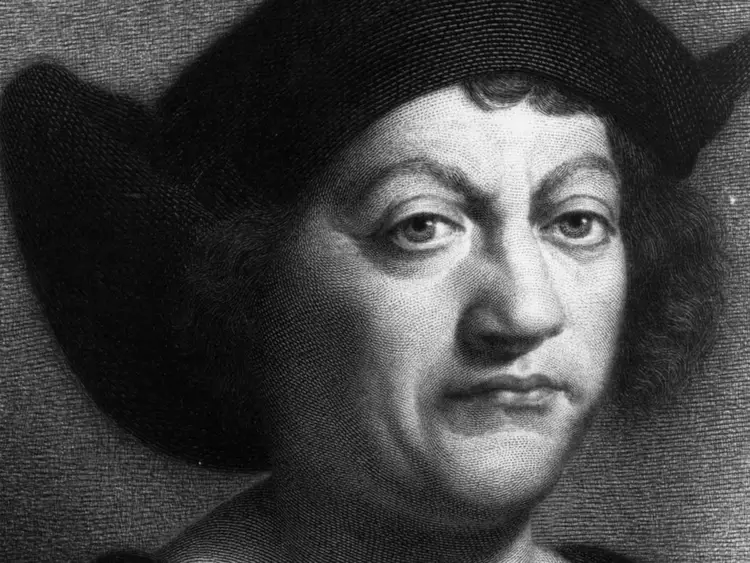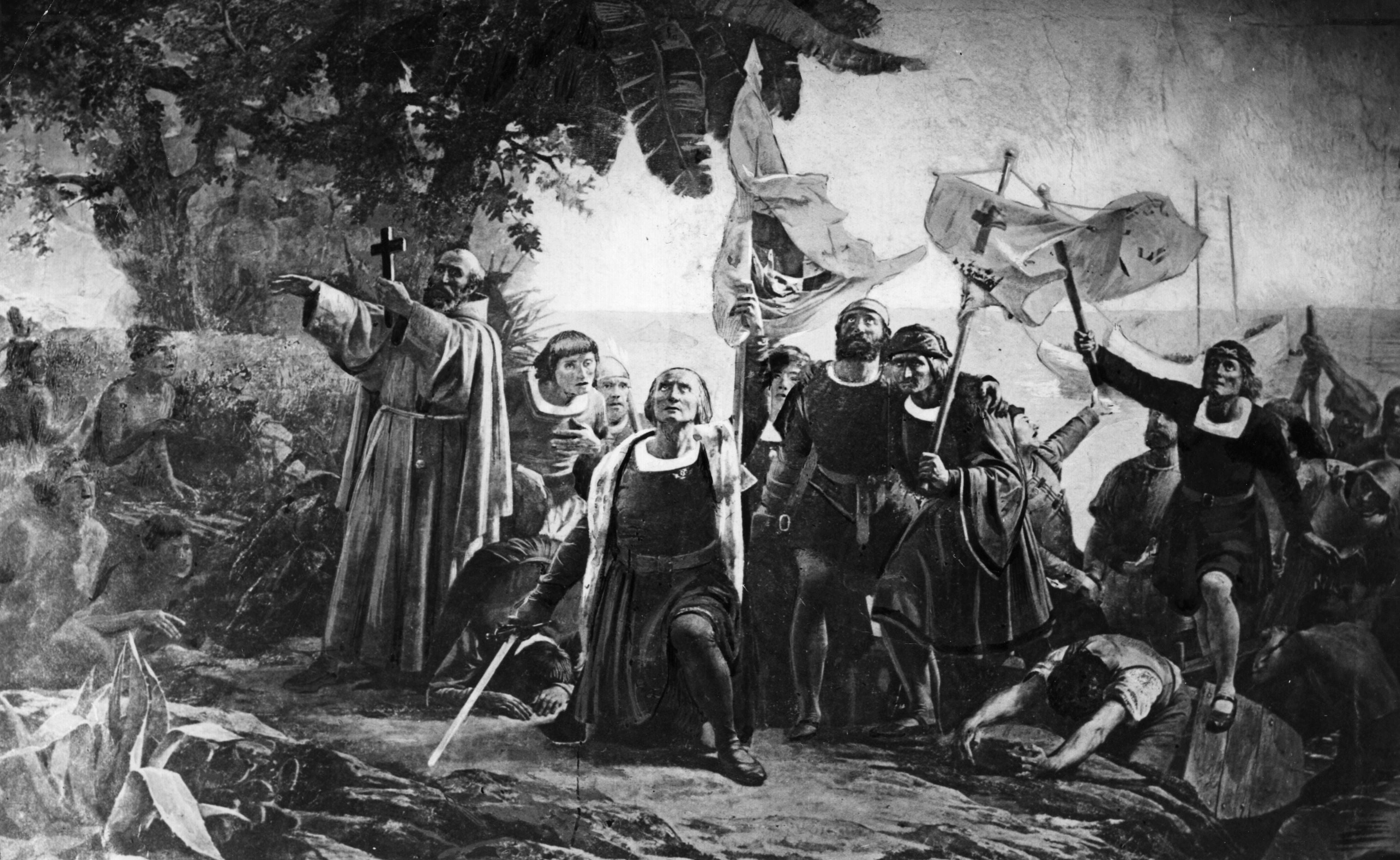Christopher Columbus was secretly Jewish, new DNA study reveals

Stay Ahead: Your Weekly Trend Guide
Weekly Guide To Trends In Fashion And Life
Stay Updated: Your Weekly Trend Guide
I’d like to receive emails about promotions, events, and news from The Independent. Please take a look at our privacy policy.

A recent DNA analysis of the remains of Christopher Columbus, which date back 500 years, has revealed that the famously debated explorer was likely a Sephardic Jew from Western Europe.
Spanish researchers revealed their discoveries in a recent documentary called Columbus DNA: The True Origin, which aired on Spain's national television network, TVE. Since 2003, scientists have been analyzing samples from remains thought to be those of the 15th-century explorer, located at Seville Cathedral in Spain.
In the documentary, José Antonio Lorente, a forensic medicine professor at the University of Granada and the leader of the study, stated that his examination indicated Columbus’s DNA showed a “possible” connection to Jewish ancestry.
Over the course of the 21-year inquiry, DNA specialists analyzed the remains by matching them with samples from confirmed relatives and descendants. "We possess some DNA from Christopher Columbus, though it's limited, it's enough for our purposes. We also have DNA from his son, Fernando Colón," Lorente explained to CNN. "Both the Y chromosome (inherited from the father) and the mitochondrial DNA (passed down by the mother) of Fernando show characteristics that suggest a Jewish ancestry.”
Columbus was once thought to be an Italian from Genoa, born in 1451 into a family of wool weavers. However, over time, historians have proposed that he might have been Greek, Basque, Portuguese, or even British. Although researchers couldn't determine his exact birthplace, they concluded after examining 25 potential locations that he probably hailed from the Mediterranean area of Spain.
“Genetic analysis shows that Christopher Columbus likely came from the western Mediterranean,” Lorente explained. “If there were no Jewish communities in Genoa during the 15th century, it's unlikely he originated from that area. Additionally, there wasn't a significant Jewish population elsewhere in Italy, which adds to the uncertainty.”
Around 300,000 Jews resided in Spain before the time of the "Catholic Monarchs." During this period, King Ferdinand II and Queen Isabella mandated that Jews and Muslims either convert to Christianity or leave the country. The forced removal of Jews from Spain took place in 1492, coinciding with Columbus's initial journey to the Americas.
Researchers now think that Columbus may have hidden his Jewish background or converted to Catholicism to avoid religious persecution. The phrase Sephardic Jew comes from the word Sepharad, a Hebrew term for the Iberian Peninsula, which encompasses present-day Spain and Portugal.
Following the research, Lorente also validated the theories suggesting that the remains found in Seville Cathedral are those of Columbus. "The findings are nearly completely dependable," he stated.
Columbus passed away in the Spanish city of Valladolid in 1506. He had desired to be laid to rest in Hispaniola, which is currently split between Haiti and the Dominican Republic. His remains were transported there in 1542. Later, in 1795, they were relocated to Cuba, and eventually, in 1898, they were moved to Seville.
Backed by King Ferdinand and Queen Isabella, Columbus undertook four journeys for Spain across the Atlantic. Nevertheless, his explorations, along with the ensuing violence and colonization of Indigenous peoples in the Americas, have faced significant criticism. Consequently, numerous states and cities in the U.S. have opted to change the name of Columbus Day, the holiday that honors the explorer, in order to acknowledge the harm inflicted on Native Americans since Columbus and his crew landed.













































